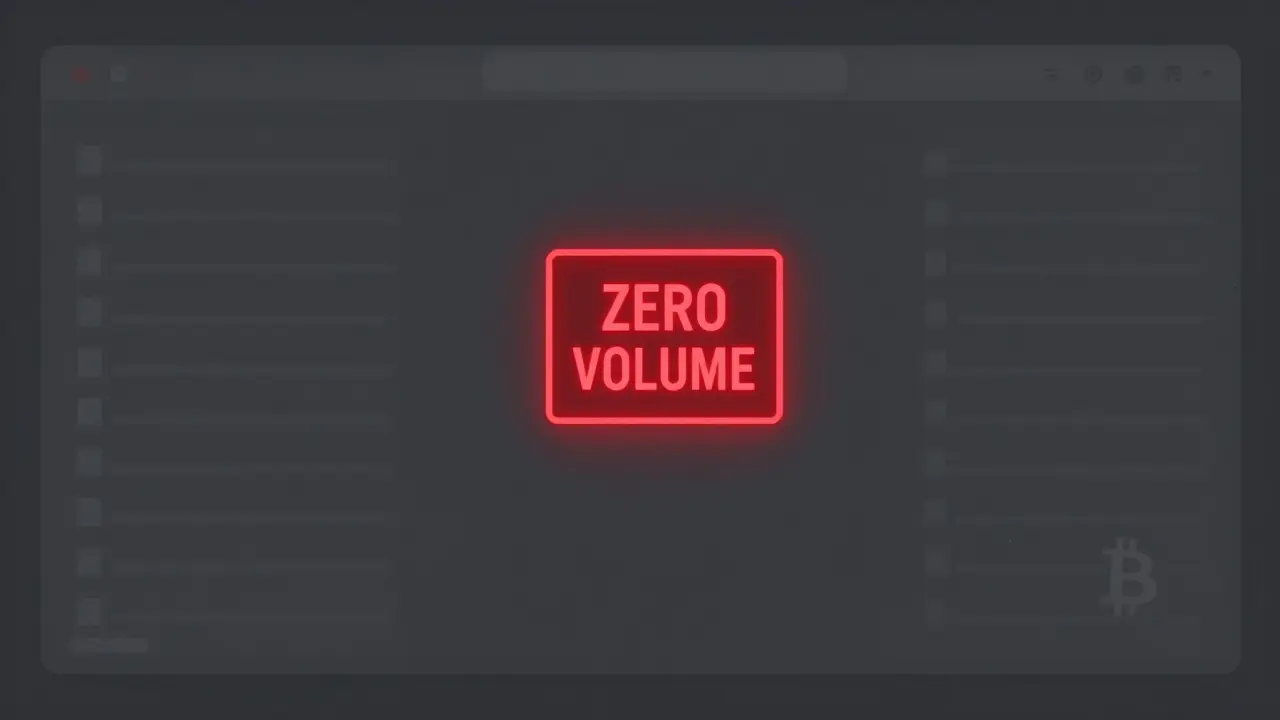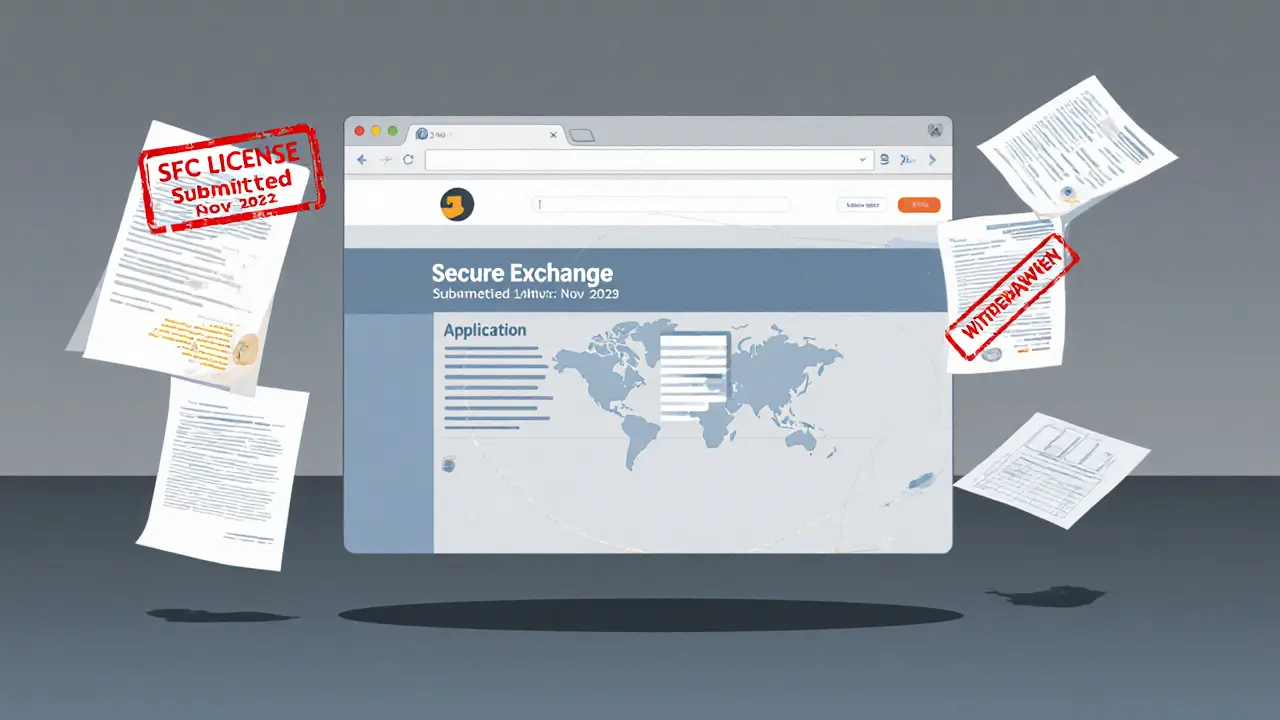My1Ex.com is a high-risk crypto exchange with zero verified trading volume, no regulatory license, and dozens of user reports of failed withdrawals. Avoid it completely - here's why.
Unregulated Crypto Exchange: Risks, Red Flags, and Real Cases
When you trade on an unregulated crypto exchange, a cryptocurrency trading platform that operates without oversight from financial authorities. Also known as offshore exchange, it offers no legal protection, no insurance, and no accountability — just the promise of low fees and high returns. There’s no government watchdog watching over it. No requirement to verify users. No rule forcing them to keep your money safe. If the team disappears, your coins vanish with them — and there’s nothing you can do.
These platforms don’t just lack licenses. They often hide behind fake websites, ghost teams, and fabricated trading volumes. Look at UPTX, a crypto exchange flagged for untracked volume, withdrawal issues, and zero expert coverage. Or Nivex, a platform promising AI-driven profits but offering no proof, no transparency, and no regulation. These aren’t outliers. They’re the norm. In 2025, over 70% of new crypto exchanges showed at least three red flags: no KYC, no public team, and no third-party audit. And most of them shut down within six months.
Why do people still use them? Because they’re easy to find. Google ads, Telegram bots, and TikTok influencers push them hard. They promise 20% daily returns. They claim to be "the next Binance." But if a platform doesn’t list its headquarters, doesn’t name its founders, and won’t tell you which country it’s registered in — walk away. Real exchanges like Coinbase or Kraken don’t hide. They publish compliance reports. They answer to regulators. They don’t need to trick you into trusting them.
Behind every failed exchange is a pattern: no customer support, sudden withdrawal freezes, and a team that vanishes overnight. You’ll find stories like YodeSwap, a Dogechain DEX that drained liquidity and disappeared, or CPDAX, a South Korean exchange that shut down in 2020, leaving users with nothing. These aren’t hypothetical risks. They’re real losses. Real people. Real money gone.
There’s no magic trick to avoiding these traps. Just one rule: if it’s not regulated, it’s not safe. Not even a little. And if you’re tempted by a high APY or a free airdrop tied to a sketchy exchange — ask yourself: who benefits if you lose? The answer is always the same: the people running the platform.
Below, you’ll find real reviews of exchanges that failed, scams that looked real, and the exact signs to watch for before you deposit a single coin. No fluff. No hype. Just what happened — and how to make sure it doesn’t happen to you.
VAEX crypto exchange withdrew its Hong Kong license application in May 2024 and has been inactive since. No trading volume, no user reviews, no regulatory approval - it never became a real platform.

